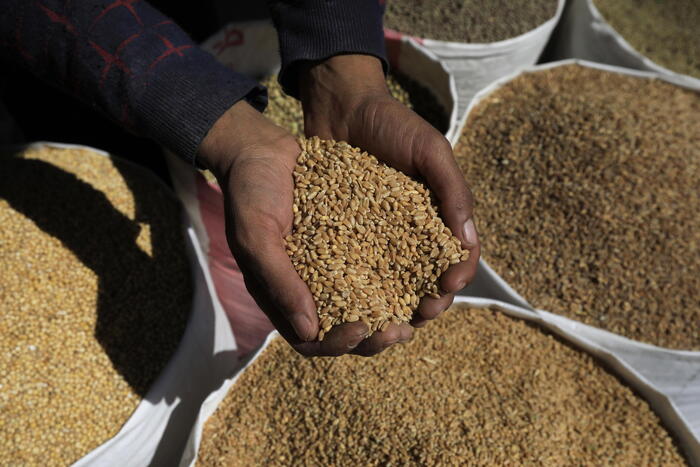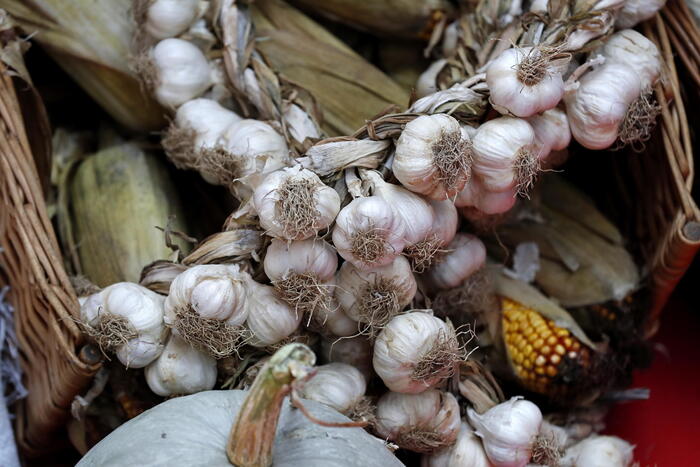Damascus-Sana
The Arab Center for Studies of Arid Zones and Dry Lands (ACSAD) announced that Mauritania has approved 40 new varieties of wheat and barley (10 from durum wheat, 16 from soft wheat and 14 from barley) originating from ACSAD.
Dr. Nasreddin Al-Obaid, Director General of the Center, said in a statement to SANA that the results of field experiments and observations at the Kehidi Research Station of the Mauritanian Ministry of Rural Development and in farmers' fields for this season and for past seasons showed that these new varieties are of high productivity, very good quality, characterized by early maturity and tolerance to drought and climate changes. Especially the high temperatures and their suitability for dry areas, explaining that the average yield there reached 3 tons per hectare for durum wheat, 3.5 tons per hectare for soft wheat, and 2 tons per hectare for barley, surpassing other varieties.
Al-Obaid pointed out that the new varieties of durum and soft wheat and barley are distinguished by their resistance to diseases, especially echoes, in addition to their high specifications and high specific weight of grains, indicating that laboratory experiments showed that the protein content in them ranged between 11 to 14 percent, which makes them excellent varieties for food industries based on cereal crops.
Dr. Al-Obaid explained that ACSAD has paid special attention to cereal production in Arab countries, especially wheat and barley, through the grain program, which is considered one of the most important programs implemented by the organization, as it relates directly to the process of agricultural development and food security in the Arab world.
He emphasized that ACSAD's wheat and barley breeding program works at the level of all Arab countries, in which the environmental factors differ from one country to another or within the same country, and the program for raising wheat in ACSAD depends on forming a broad genetic base that is compatible with different Arab environments and takes into account the conditions of each country, indicating that experts ACSADD certified varieties undergo many tests, which makes them more resistant to environmental stresses in all climatic conditions.
Ghossoub Abboud and Bushra Barhoum









